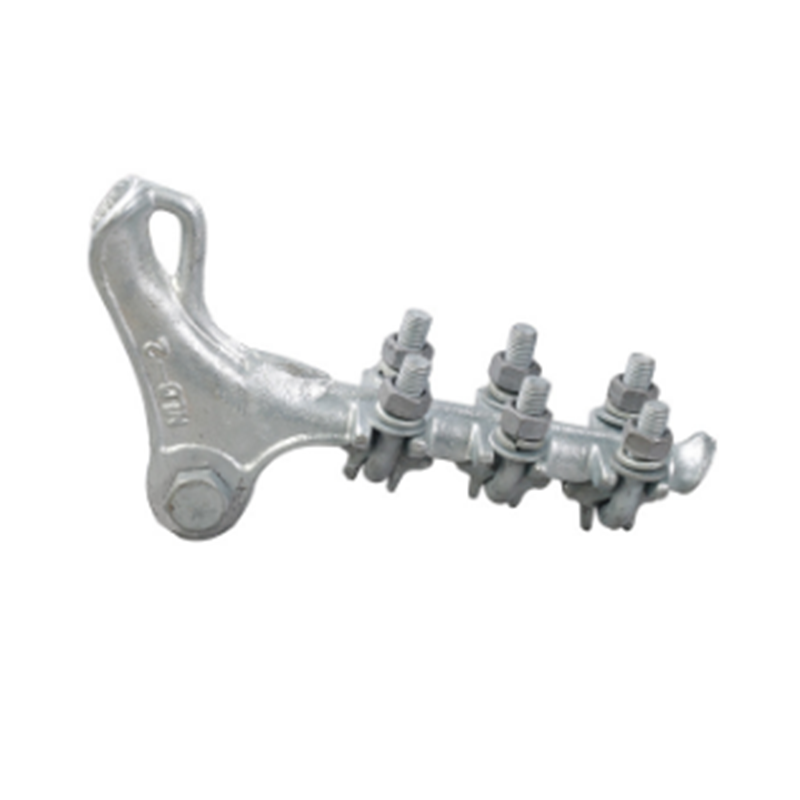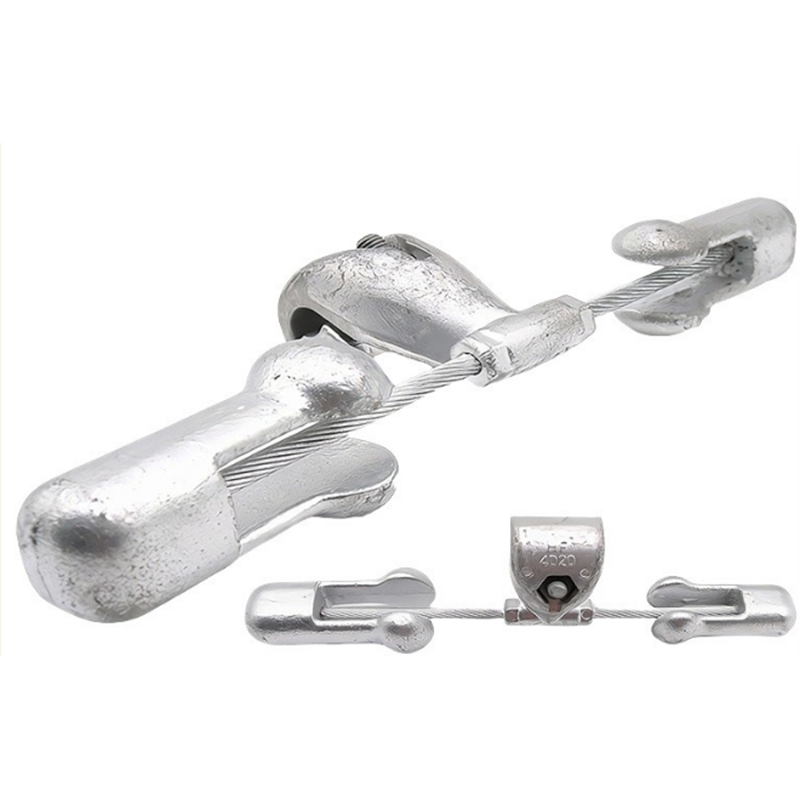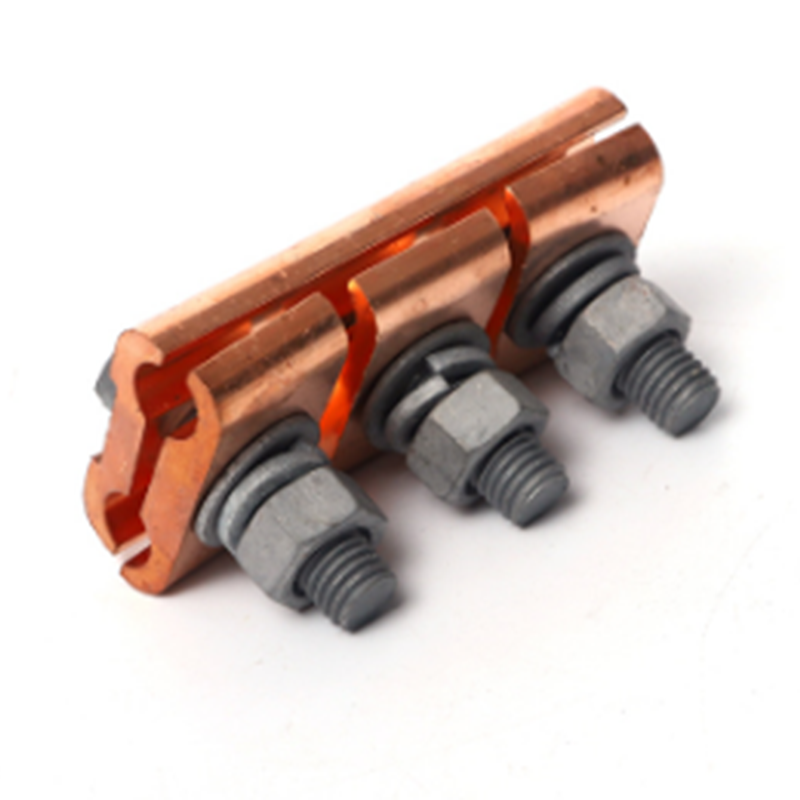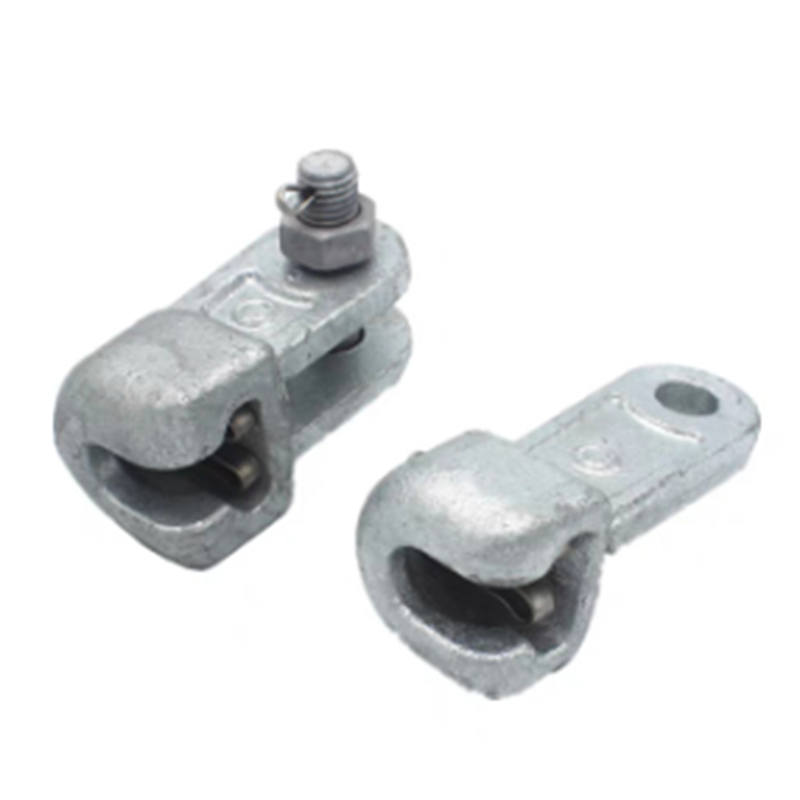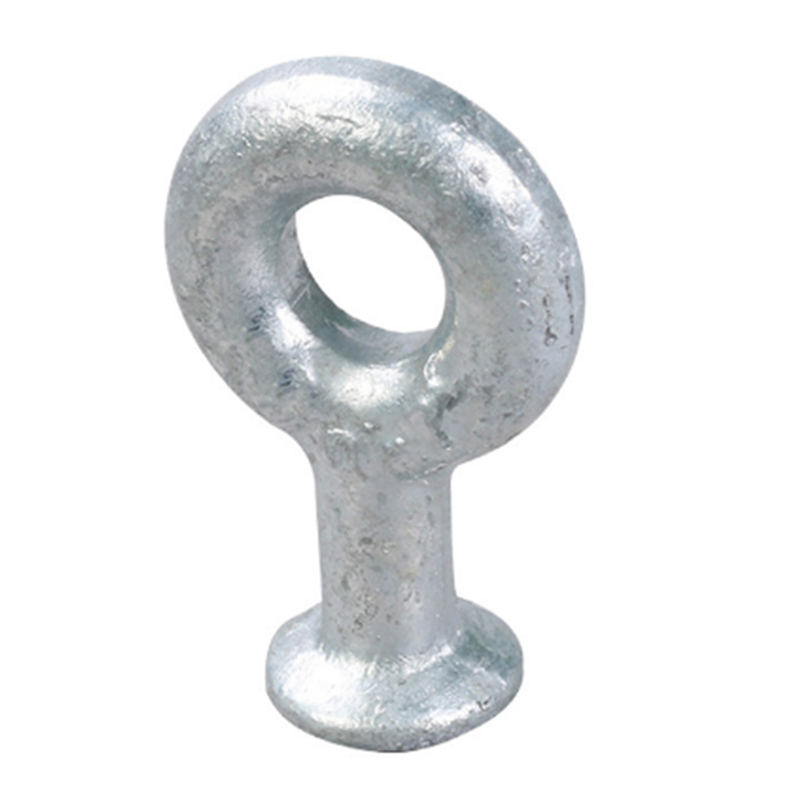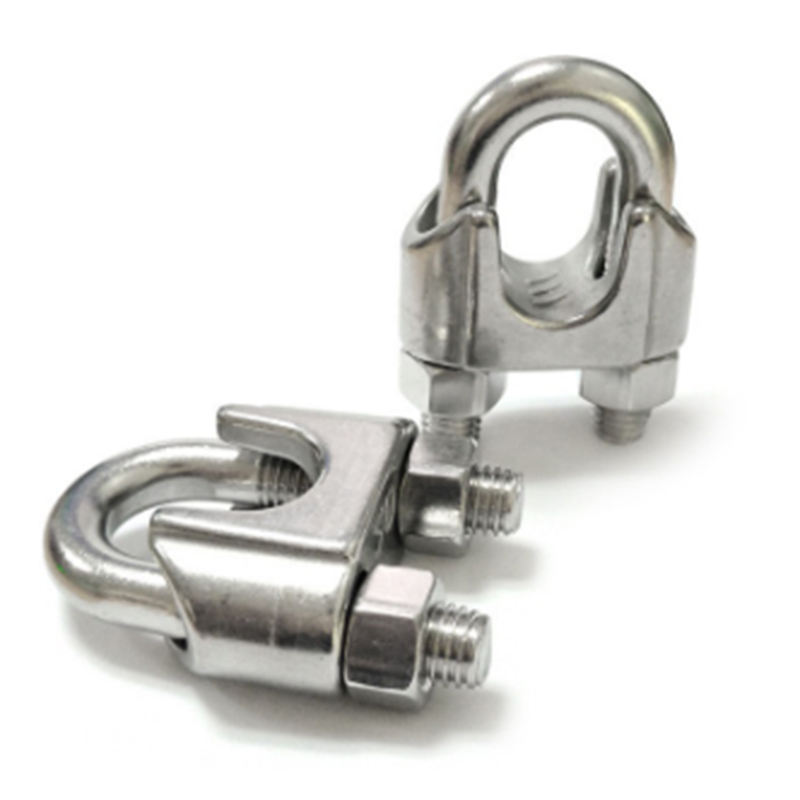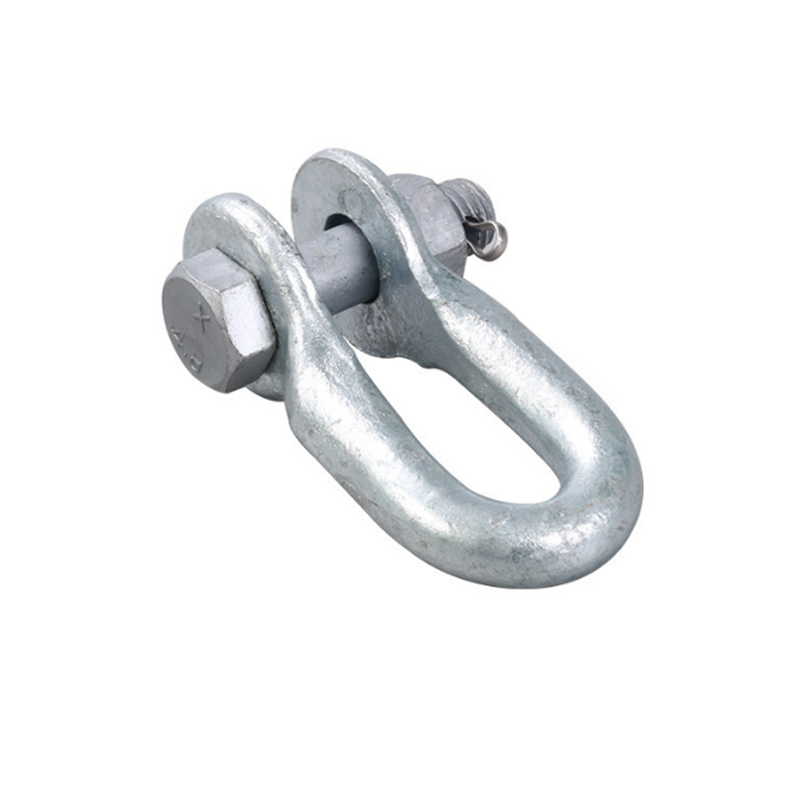- Chinese
- French
- German
- Portuguese
- Spanish
- Russian
- Japanese
- Korean
- Arabic
- Irish
- Greek
- Turkish
- Italian
- Danish
- Romanian
- Indonesian
- Czech
- Afrikaans
- Swedish
- Polish
- Basque
- Catalan
- Esperanto
- Hindi
- Lao
- Albanian
- Amharic
- Armenian
- Azerbaijani
- Belarusian
- Bengali
- Bosnian
- Bulgarian
- Cebuano
- Chichewa
- Corsican
- Croatian
- Dutch
- Estonian
- Filipino
- Finnish
- Frisian
- Galician
- Georgian
- Gujarati
- Haitian
- Hausa
- Hawaiian
- Hebrew
- Hmong
- Hungarian
- Icelandic
- Igbo
- Javanese
- Kannada
- Kazakh
- Khmer
- Kurdish
- Kyrgyz
- Latin
- Latvian
- Lithuanian
- Luxembou..
- Macedonian
- Malagasy
- Malay
- Malayalam
- Maltese
- Maori
- Marathi
- Mongolian
- Burmese
- Nepali
- Norwegian
- Pashto
- Persian
- Punjabi
- Serbian
- Sesotho
- Sinhala
- Slovak
- Slovenian
- Somali
- Samoan
- Scots Gaelic
- Shona
- Sindhi
- Sundanese
- Swahili
- Tajik
- Tamil
- Telugu
- Thai
- Ukrainian
- Urdu
- Uzbek
- Vietnamese
- Welsh
- Xhosa
- Yiddish
- Yoruba
- Zulu
- Kinyarwanda
- Tatar
- Oriya
- Turkmen
- Uyghur

Carriage bolts and nuts
The Unsung Heroes: Carriage Bolts and Nuts in Everyday Construction
Carriage bolts and nuts might seem insignificant on the shelves of hardware stores, but they play a pivotal role in construction and assembly. Despite their simple appearance, these fasteners are crucial in holding together the structures we rely on every day. Engaging with professionals in the field often reveals common misconceptions, such as their use being limited to basic woodworking. However, there's more than meets the eye.
Understanding Carriage Bolts and Nuts
Carriage bolts, with their round, smooth heads and square necks, offer unique advantages. They're designed to resist rotation when locked into place, making them ideal for projects where stability is key. I've learned through various projects, particularly in outdoor furniture construction, that using carriage bolts prevents the loosening that common screws might succumb to over time. This inherent stability comes from the tensioning of the square neck into the wood or metal, ensuring a tight fit.
Another aspect often overlooked is the material composition. Depending on the environment, choosing the right material—be it stainless steel or galvanized—can make all the difference. Working on a beachfront project once highlighted the need for corrosion-resistant options, something I initially underestimated. This experience drove home the importance of selecting carriage bolts and nuts with the correct specifications for longevity.
Of course, mistakes happen. Over-tightening a nut on a carriage bolt can lead to wood deformation or even cracking. Despite this, errors teach valuable lessons. When assembling a wooden deck, I realized the significance of gradual tensioning versus brute force. This wasn’t about making the tightest connection; it was about striking that perfect balance for both strength and durability.
Application in Various Fields
The adaptability of carriage bolts and nuts extends beyond traditional applications. While their use in furniture and decks is more common, their role in heavy-duty applications is remarkable. Industrial sectors, particularly manufacturing facilities, rely on them for securely joining metal components. After visiting several factories, it became apparent that these fasteners are often the choice for assembling machinery that requires constant stability.
An interesting case was a machinery setup where vibrations were a constant challenge. Initially, frequent loosening posed a hazard, but replacing regular bolts with carriage bolts provided the fix. This, of course, tied back to the square neck's function, which was critical in preventing rotation despite persistent vibrations.
Moreover, consulting with professionals in the field of renewable energy installations, such as solar panel setups, subtly reveals another layer of complexity. Panels require secure attachments resistant to environmental changes, and once more, carriage bolts prove indispensable. The confidence they provide in terms of reliability and durability can't be overstated.
Challenges and Missteps
In my earlier days, I once faced a tricky situation while working on a public boardwalk. The project involved fastening planks onto metal beams. At the time, I underestimated the stress environmental factors could exert on the fasteners. Using standard bolts led to periodic maintenance and eventual replacements.
The lesson was clear: not all bolts are created equal. Switching to heavy-duty stainless steel carriage bolts and nuts, suitable for withstanding the relentless seaside corrosion, was a game-changer. Though it required a significant initial investment, it minimized long-term maintenance costs.
This experience motivated me to constantly consider the specifics of each application, consult manufacturers like Shengfeng Hardware Fastener Factory, and rely on expert offerings. They not only provide a wide variety of options but also offer insights into the best applications for each type, reducing guesswork and potential missteps.
Factors to Consider When Choosing
When selecting carriage bolts and nuts, it's wise to bear in mind both the immediate and long-term implications. Factors like load requirements, environmental exposure, and expected longevity should guide your decisions. Often, discussing project specifics with experienced manufacturers, such as Shengfeng Hardware Fastener Factory, who can be reached at their website, can provide invaluable advice.
Moreover, field observations have taught me that consulting product specifications is crucial. Paying attention to tensile strength, coatings, and thread styles can save time and resources down the line. It's not just about matching sizes but ensuring that each component complements the intended use.
Above all, real-world experience speaks louder than theoretical knowledge. Trial and error, although initially daunting, has been one of the most effective ways to refine understanding. Grasping the nuances of carriage bolts and nuts has truly elevated the quality and reliability of my projects.
Conclusion: Re-evaluating Their Worth
Reflecting on my time in the construction field, the understated significance of carriage bolts and nuts becomes ever clearer. Their applications are vast, and while challenges persist, the solutions often lie in the details. By acknowledging their multifaceted roles and choosing them wisely, their true potential is unlocked.
Incorporate expertise from established providers like Shengfeng Hardware Fastener Factory, especially when navigating the complexities of fastener selections. They offer a treasure trove of knowledge that can aid both novice DIYers and seasoned professionals in making informed decisions.
Ultimately, the next time you hold a carriage bolt, recognize its quiet strength. It's a testament to engineering and the invisible backbone in many of our daily constructs.
Соответствующая продукция
Соответствующая продукция





